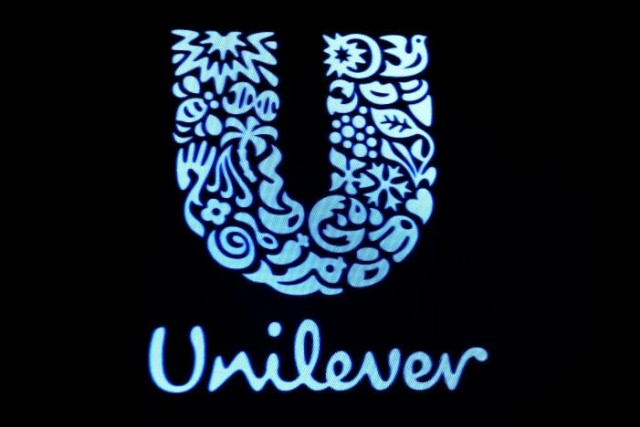Kraft walks away from ‘friendly’ bid for Unilever
Company withdraws following public disclosure of its bid so soon after its approach to Unilever

Company withdraws following public disclosure of its bid so soon after its approach to Unilever PHOTO: REUTERS
Kraft had made a surprise offer for Unilever to build a global consumer goods behemoth that was flatly rejected on Friday by Unilever, the maker of Lipton tea and Dove soap.
Kraft withdrew its offer because it felt it was too difficult to negotiate a deal following the public disclosure of its bid so soon after its approach to Unilever, according to people familiar with the matter who requested anonymity to discuss confidential deliberations.
Kraft had not expected to encounter the resistance it received from Unilever, one of the people said.
Some key concerns that were raised during talks included potential UK government scrutiny, as well as differences between the companies’ cultures and business models, the source added.
Kraft Heinz bids $143b for Unilever, but gets rejected
“Kraft Heinz’s interest was made public at an extremely early stage,” Kraft Heinz spokesman Michael Mullen said in a statement. “Our intention was to proceed on a friendly basis, but it was made clear Unilever did not wish to pursue a transaction. It is best to step away early so both companies can focus on their own independent plans to generate value.”
Kraft was forced to publicly disclose its offer on Friday to comply with Britain’s takeover regulations, after rumours of its approach to Unilever circulated among stock traders.
Under UK takeover rules, Kraft's public withdrawal of its offer precludes it from reviving takeover talks with Unilever for six months.
A combination would be the third-biggest takeover in history and the largest acquisition of a UK-based company, according to Thomson Reuters data.
Cairo-based firm wants to sink teeth in Pakistan’s brokerage industry
The combined entity would have $82 billion in sales. The premature exposure of Kraft's bid left the aggressive acquisition machine scrambling to craft an appetising message for shareholders, the press, Unilever's rank and file and British and Dutch leaders.
Prime Minister Theresa May ordered top officials to investigate if the proposed deal posed potential threats to British economic interests, the Financial Times reported.
May has been adamant the government should be more active in vetting proposed foreign acquisitions of UK companies.
Kraft still hungry?
The breakdown in deal talks sparked speculation among analysts and investors about whether Kraft might attempt to purchase another large consumer goods company as a backup plan.
Unilever to begin Cuba operations in 2017
“We believe this announcement serves as a reminder - if needed - of (Kraft's) interest, capacity and commitment to pursuing large-scale M&A in a potentially near-term time horizon,” said Barclays analyst Andrew Lazar in a note.
However, the breakdown of the Unilever talks means that some food companies that have long been speculated as potential targets for Kraft, such as Mondelez, are still very much on the table, said an industry banker.





1733130350-0/Untitled-design-(76)1733130350-0-208x130.webp)











COMMENTS
Comments are moderated and generally will be posted if they are on-topic and not abusive.
For more information, please see our Comments FAQ